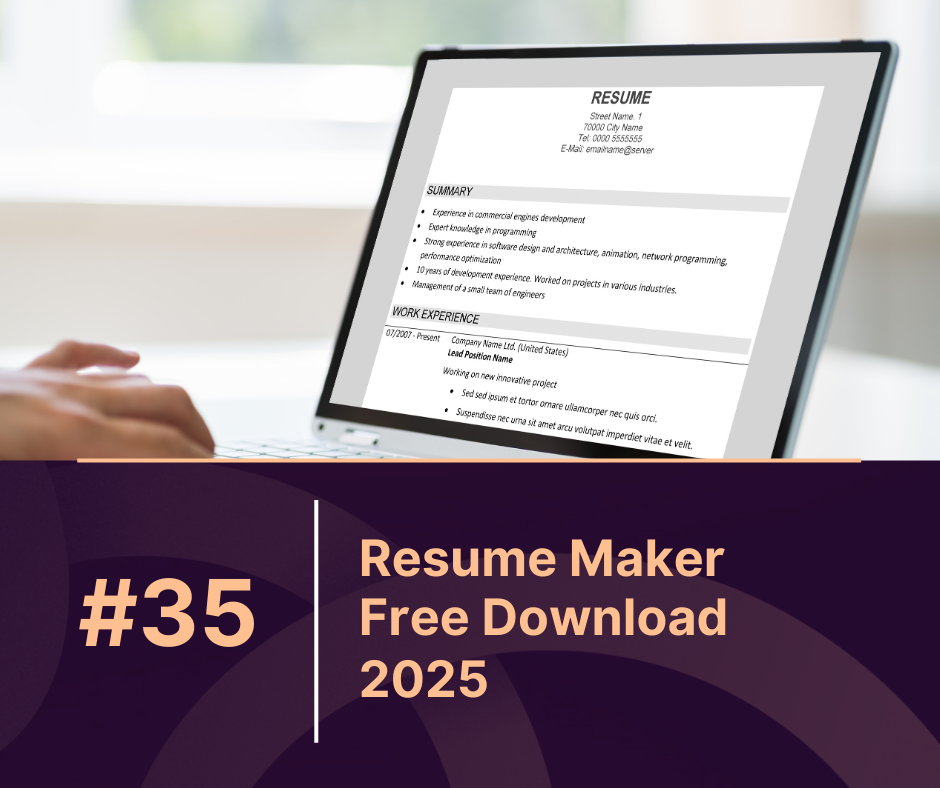Crafting an effective resume is a crucial step in the job search process, but it often comes with its own set of challenges. This blog explores the personal hurdles individuals face in resume writing and offers strategies to overcome them.
1. The Struggle for Self-Reflection
Understanding Your Professional Identity
One of the initial challenges in resume writing is the struggle to define and articulate one’s professional identity. Individuals often find it challenging to reflect on their skills, accomplishments, and career goals. Overcome this hurdle by engaging in self-reflection exercises, seeking feedback from colleagues, and exploring career assessments.
2. Balancing Humility and Self-Promotion
Striking the Right Tone
Finding the balance between showcasing achievements and maintaining humility is a delicate task. Many individuals feel uncomfortable promoting their accomplishments. Learn to strike the right tone by focusing on facts, using action verbs, and framing achievements as contributions to a team or organization.
3. Tailoring Resumes for Diverse Audiences
Customizing for Varied Opportunities
Each job application is unique, and tailoring a resume for different positions can be time-consuming. Develop a system for customizing resumes efficiently by maintaining a master resume template and creating targeted versions for specific job opportunities.
4. Overcoming Imposter Syndrome
Embracing Your Achievements
Imposter syndrome can cast doubt on one’s abilities and accomplishments, making resume writing a daunting task. Combat imposter syndrome by creating a “brag sheet” listing achievements, seeking mentorship, and reminding yourself of the value you bring to the table.
5. Addressing Employment Gaps
Navigating Career Pauses
Addressing gaps in employment history can be challenging, but honesty is key. Develop a narrative that explains career pauses positively, focusing on any skills gained during the break and how they contribute to your overall professional growth.
6. Translating Skills Across Industries
Making Your Skill Set Universally Relevant
Switching industries or career paths often involves translating skills to make them universally relevant. Identify transferable skills, emphasize adaptability, and provide examples of how your skills can benefit the new industry.
7. Showcasing Soft Skills Effectively
Highlighting Your Personal Attributes
Soft skills are as important as technical skills, but they can be challenging to showcase on a resume. Incorporate soft skills into your resume by using specific examples that demonstrate effective communication, collaboration, and problem-solving.
8. Staying Authentic Throughout the Process
Maintaining Your True Voice
Amidst the pressure to conform to certain resume-writing norms, it’s crucial to stay authentic. Ensure your resume reflects your true voice and personality. Tailor it to align with your values and goals, allowing prospective employers to see the genuine individual behind the document.
In conclusion, crafting a compelling resume involves navigating personal challenges that go beyond the technical aspects of formatting and keyword optimization. By addressing issues such as self-reflection, imposter syndrome, and tailoring resumes for diverse audiences, individuals can create resumes that not only showcase their professional achievements but also reflect their authentic selves. Remember, your resume is more than just a document—it’s your personal narrative in the professional world.



